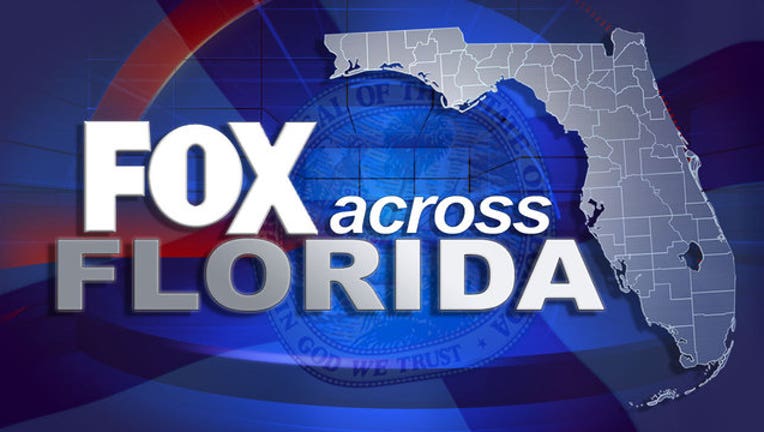Florida gaming regulators face Seminoles; Judge holds cards

TALLAHASSEE, Fla. (AP) - A federal trial that could shape the future of gambling in Florida began Monday as attorneys for the state and the Seminole Tribe accused the other side of reneging on its promises.
While the legal questions revolve around arcane federal and state gambling laws, the outcome could decide whether or not the tribe -- which earns more than $2 billion a year from its gambling operations -- will be allowed to keep blackjack tables at its casinos, including the Hard Rock casinos in Tampa and Hollywood in south Florida.
Both sides signed a deal known as a "compact" in 2010 that permitted the tribe to have blackjack at its casinos as well as slot machines at most of its locations. Florida has collected nearly $1.7 billion from the tribe as a result of the agreement.
But the blackjack provision expired in 2015, and with dog and horse tracks also lobbying hard to expand, the Florida Legislature rejected a new larger deal that would have also allowed the tribe to also offer craps and roulette.
State officials want the federal judge to order the tribe to remove the blackjack tables that are still in use.
But attorneys for the tribe maintain that Florida regulators violated the monopoly they had guaranteed to the Seminoles shortly after the 2010 deal took effect, by permitting race tracks to offer types of card games and slot machines.
"The entire landscape that was contemplated at the time the compact was negotiated has changed radically," attorney Barry Richard told the judge.
Richard also said that legislators and Gov. Rick Scott pressured the tribe to increase its financial payout to the state before restarting negotiations, which he said is not allowed under federal gambling laws.
Attorneys hired by the state countered that the 2010 deal made it clear that the tribe would have to shut down its blackjack tables absent an extension. They also noted that the tribe first installed the blackjack tables as part of a 2007 agreement that was eventually declared invalid by the Florida Supreme Court.
"Why are we here? Because the tribe has no contractual right or other right to get what it wanted," said J. Carter Andersen, a private attorney representing the gambling regulators.
The non-jury trial before U.S. District Judge Robert Hinkle is expected to last three days, with no immediate ruling expected.
The final decision could send reverberations across the state. Seminole Gaming CEO Jim Allen testified that nearly 3,700 jobs depend on the blackjack tables alone.
Late last year, Scott and the tribe had worked out a new seven-year deal worth $3 billion that would have let blackjack tables remain in place as well as give the tribe the right to add additional games such as craps.
Allen testified that the craps games and other parts of the deal would have not added much to the tribe's bottom line, but would help preserve existing operations in the face of growing competition.
The 2015 deal would have allowed the addition of slot machines at a Palm Beach county dog track and created an opening for another casino in Miami-Dade. But the proposal collapsed in the Florida Legislature this past spring after top legislators tried to amend it to allow slot machines at tracks across the state.

